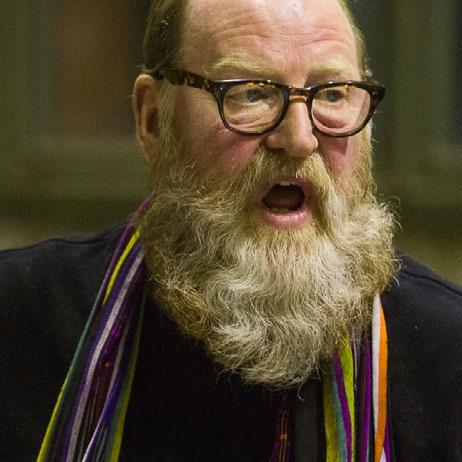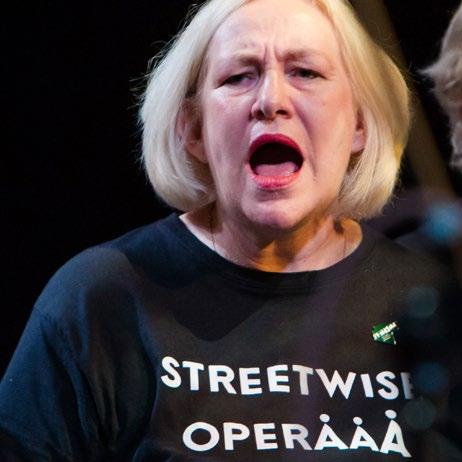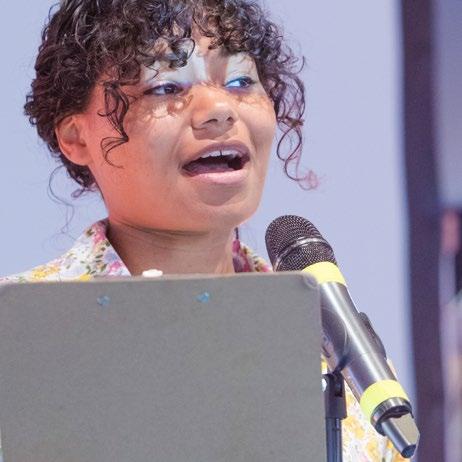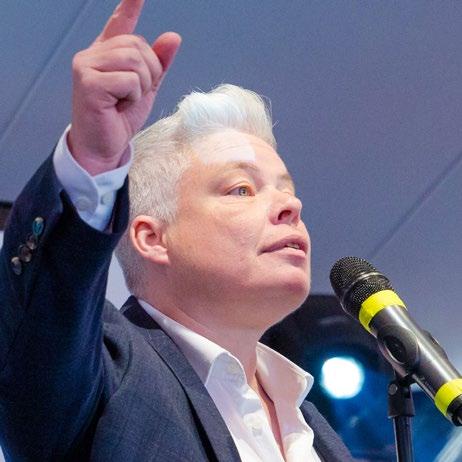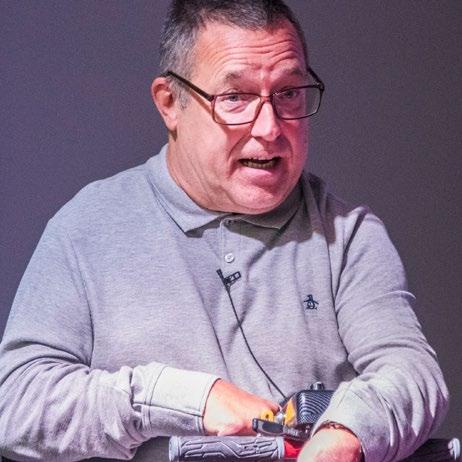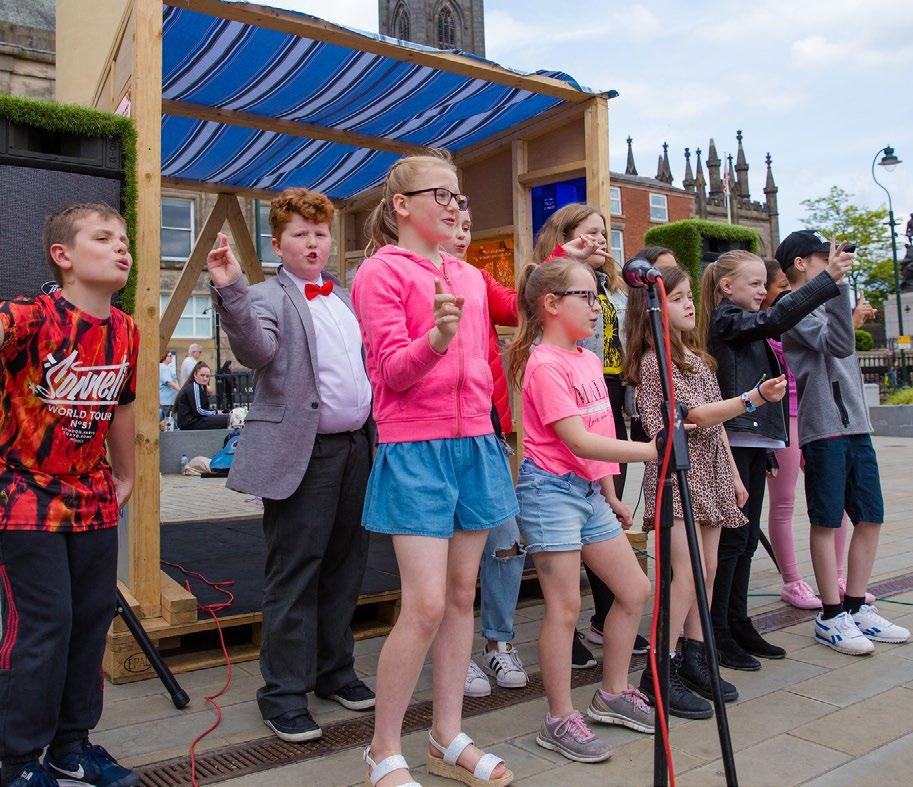
4 minute read
Appendix Two: Financial Assumptions 2021–2024
Staffing:
Over the next three years we hope to increase the staff team to include the following roles to be able to deliver the business plan’s aims and objectives. This will include:
Year 2
Increase Community Engagement Manager role to a full- time post £28,000 + oncosts = £31, 208 Recruit a part-time Experience Co-ordinator £28,000 + oncosts = £15,604 Recruit a part-time Marketing & Communication £28,000 +oncosts = £15,604
Year 3
Recruit a full-time Business Support Manager £30,000 + oncosts = £33,544
Grants:
Manchester Histories has developed strong relationships with our key funding partners and act as trusted delivery agents. We see these relationships continuing in the future. However, we are currently in uncertain times and we are aware that future public funds may face cutbacks due to the Covid-19 pandemic. At this stage we can only make an assumption that these grants will still be available and have kept the income at the same level of support for the Manchester Cultural Partnership Grant and the Greater Manchester Combined Authority Culture Fund. These will be reviewed on an annual basis.
Project Grants:
In year two and three the income for project grants increases considerably, this is due to project grants becoming open again to applications post Covid-19. We have forecast an application to the National Lottery Heritage Fund for approx. £250,000 for the Holy Name project and an application to the Arts Council for the development of the Manchester Central Library project of approx. £80,000, with other support from smaller grants, trusts and foundations.
Publicity & Promotion:
In 2020 there is an increase in the expenditure for publicity and promotion, this is due to the delivery and promotion of Manchester Histories Festival to ensure we attract a diverse audiences and participation in the festival programme.
Access Costs:
It is important to Manchester Histories that we ensure our events and festival are accessible to as many people as possible. In year two and three our access costs increase as we will deliver Manchester Histories Festival and a large-scale event as part of the Holy Name project. Access costs include: BSL interpretation, audio description, live captioning, subtitling of digital content, providing materials in easy read and large print if requested.
Consultancy:
Our CEO offers consultancy in the development and funding of project work with partners, including the Histories, Stories, Voices public consultation and the Holy Name project. We will see an increase in this kind of activity over the next three years as we start to recover from Covid-19, and organisations need support with heritage projects.
Reserves:
Our trustees ensure we have sufficient free reserves (unrestricted funds not invested in fixed assets or otherwise designated) to manage our cash flow. This can be challenging due to the inherent risks associated with staging a festival and the current need to respond to changing funding regimes. Over the past year, Manchester Histories has formulated a Reserves Policy that will build no less than three to six months core operating costs. These costs are estimated at approximately £8K per month. In the last year, the charity has seen an increase of 50% in its reserves to £17,452. However, as part of the Culture Recovery Fund Round 2, Manchester Histories has been awarded additional costs of up to £43,270 to support our reserves.
In memory of composer Lucy Hale, her music played by Georgina Aasgaard as part of DigiFest 2020 in collaboration with Drake Music. Photo by Jonathan Keenan Photography .
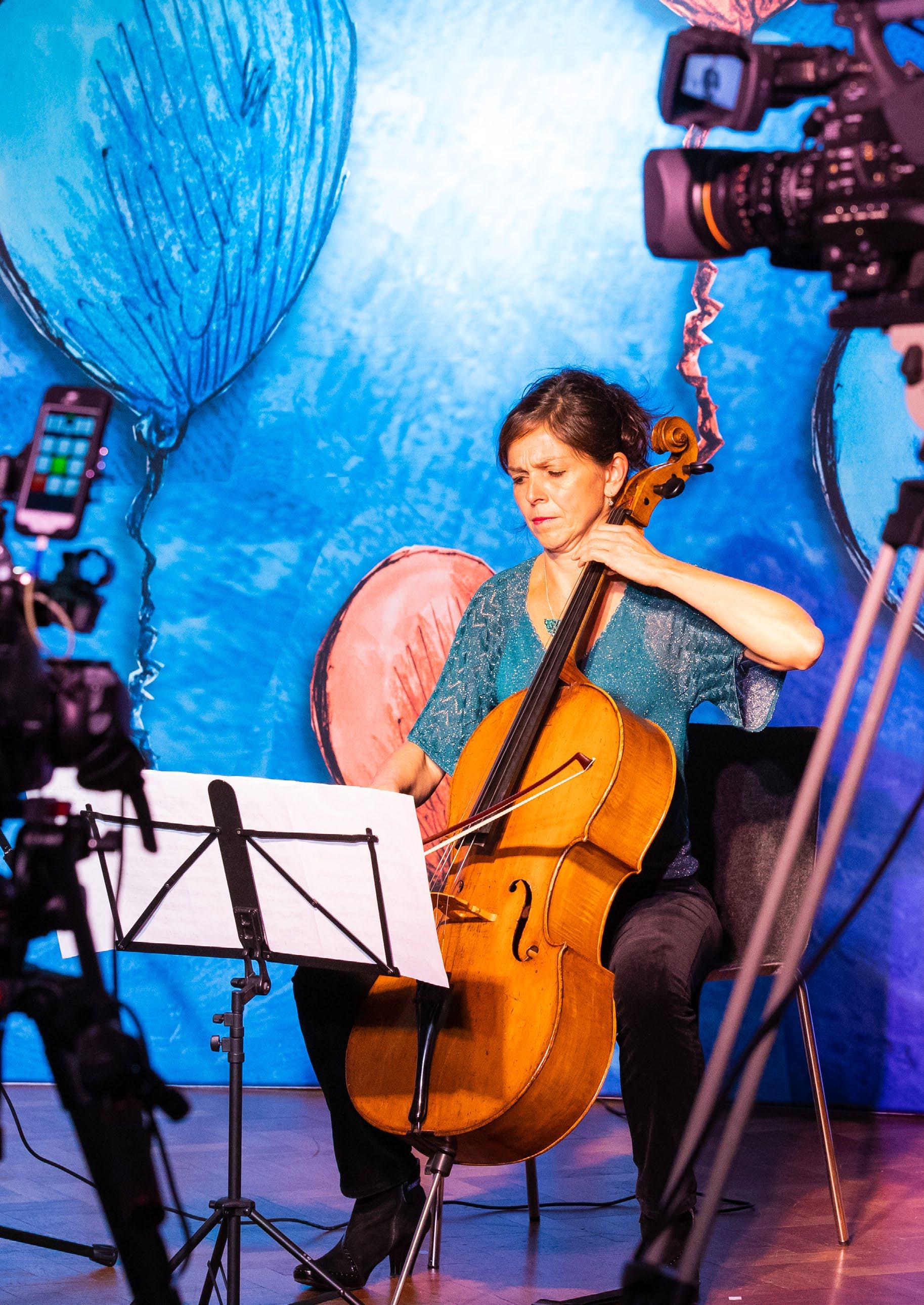
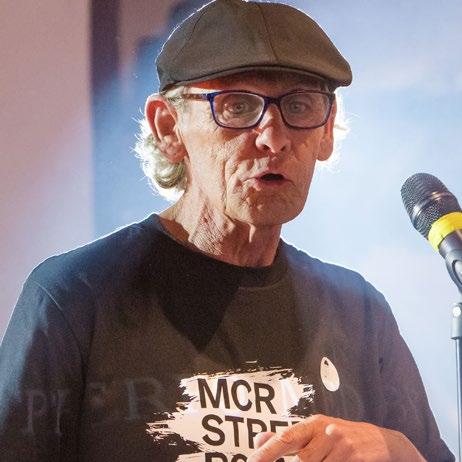
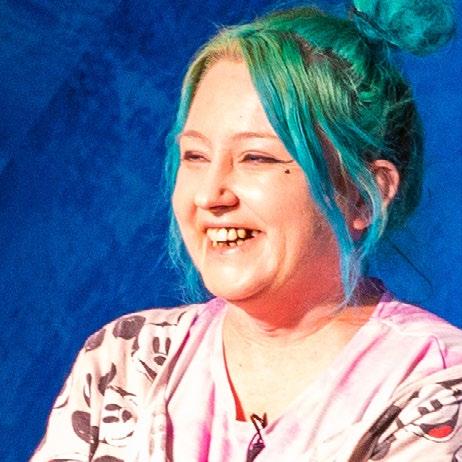
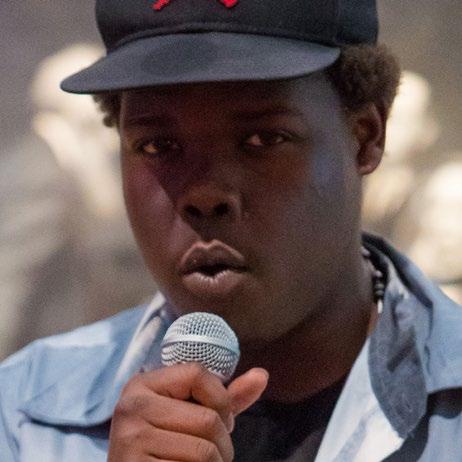

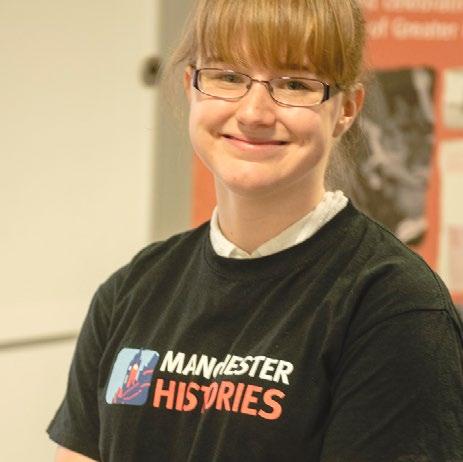

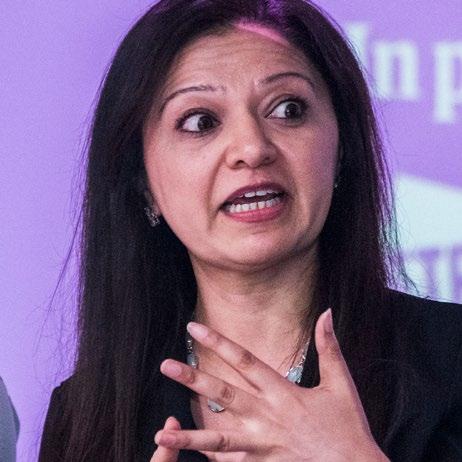
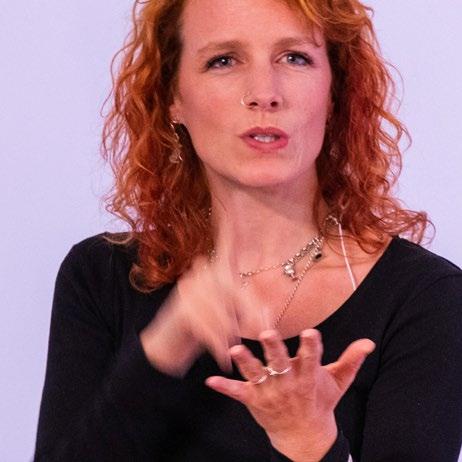

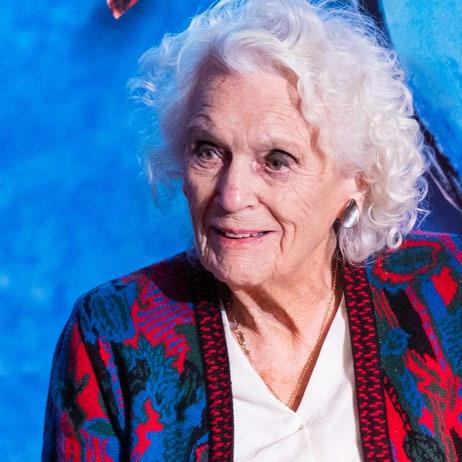
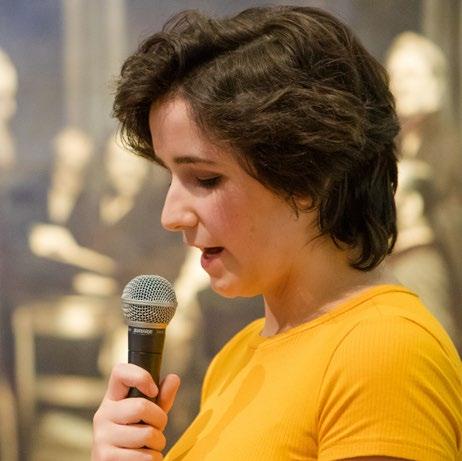

Manchester Histories
Mansfield Cooper Building The University of Manchester Oxford Road Manchester M13 9PL Telephone 0161 306 1982 www.manchesterhistories.co.uk info@manchesterhistories.co.uk
Company Number 08283259 Registered Charity 1151944
